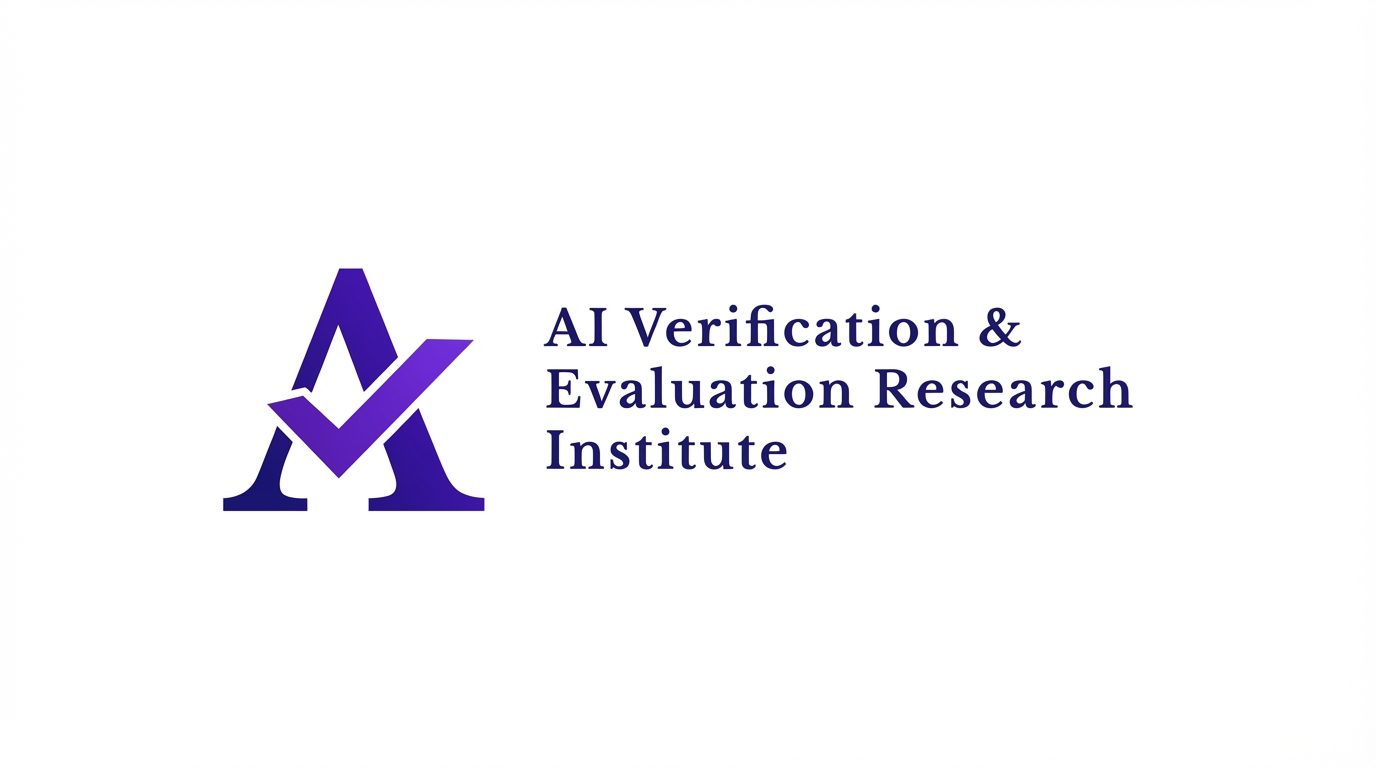OpenAI's API business is growing rapidly, with CEO Sam Altman reporting that the company added over $1 billion in annual recurring revenue in just the last month.
OpenAI hit an ARR of over $20 billion by the end of 2025 - up from $6 billion in 2024 and $2 billion in 2023. ARR (Annual Recurring Revenue) represents the annualized value of recurring revenue from active subscriptions and contracts, typically excluding one-time payments.
The API growth Altman announced on X - roughly $1 billion in ARR in a single month - represents about five percent of the company's total ARR. That said, this figure reflects additional growth, not the API's share of overall revenue. How much of OpenAI's total ARR comes from API customers remains unclear.
On the other side of the ledger, OpenAI faces commitments of around $1.4 trillion for computing power over the coming years. To help cover these costs, the company is preparing to introduce ads in ChatGPT - despite Altman calling advertising a "last resort" just two years ago. The ads will initially roll out for free users and those on the new ChatGPT Go subscription tier.


